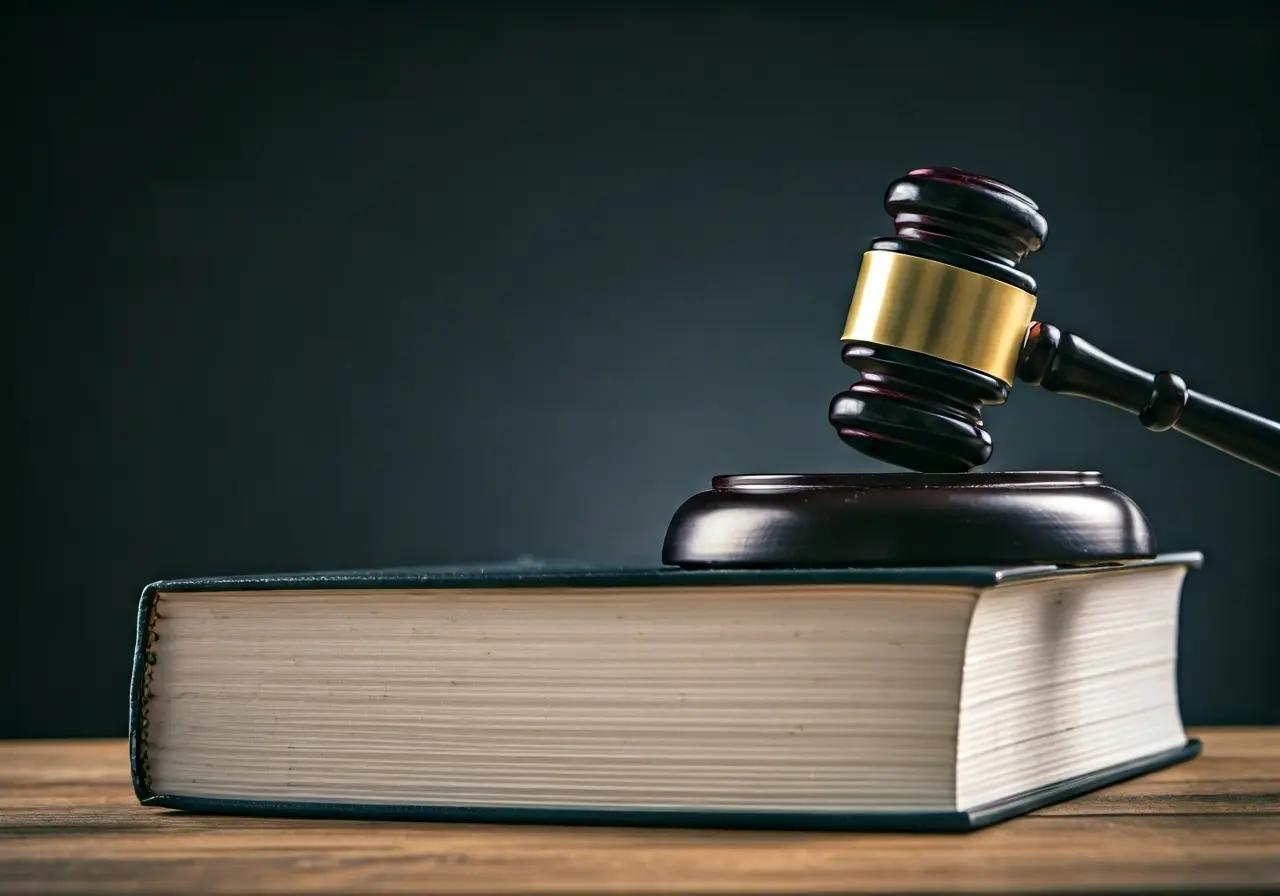7 Essential Questions to Ask Your Arbitration Lawyer in Glendale, California
Navigating the complexities of arbitration can be daunting, especially when legal issues arise in Glendale, California. Understanding what to ask your arbitration lawyer will ensure you’re well-prepared and informed. Here are seven essential questions to streamline your consultations and make the most out of your legal representation.
1. Understanding the Role of an Arbitration Lawyer
An arbitration lawyer helps navigate disputes outside of court. They represent your interests in alternative dispute resolutions, ensuring your case is presented effectively.
In essence, arbitration offers a private setting that can be less formal than courtrooms while still providing legally binding decisions. Knowing how your lawyer fits into this process is invaluable. For example, they serve as the guide who leads you through the often complex steps of arbitration, from selecting an arbitrator to presenting your evidence. This guidance is crucial, particularly when the stakes are high. Many individuals find the arbitration process less intimidating when broken down into smaller parts.
2. Their Experience with Cases Similar to Yours
Ask about their experience with cases akin to yours. Knowing their track record in handling similar disputes can instill confidence in their capabilities.
Experience in similar cases can drastically impact the outcome of your arbitration. Ask your lawyer for examples of previous cases, specifically those that closely resemble your situation. This discussion not only reassures you of their competency but also allows you to learn about possible outcomes and strategies. Lawyers with a robust track record might share success stories where complex challenges were navigated successfully. Such insights could be the key to envisioning a favorable path for your own dispute resolution.
3. The Strategy They Recommend
Your lawyer should outline a clear strategy for approaching your case. Understanding their proposed plan will help you gauge its effectiveness and feasibility.
A well-articulated strategy serves as your roadmap through arbitration. When your lawyer presents a plan, consider asking for a detailed explanation of each phase—how they will gather evidence, the nuances of argument presentation, and the interaction with opposing counsel. Strategies are not carved in stone; they can evolve as the case progresses. Be sure to discuss how adaptable their approach is because flexibility often correlates with improved results.
4. Cost and Fees Associated
Discussing fees upfront prevents unexpected costs. It’s crucial to know the billing structure and any additional expenses that might arise throughout the arbitration process.
Cost transparency is fundamental when selecting legal services. Before signing any agreements, ensure that you understand every component of the cost structure—from initial retainers to possible additional fees for expert witnesses or the arbitrator’s expenses. Some lawyers offer a clear pricing model, which can prevent any financial surprises later on. Achieving clarity on costs not only secures your peace of mind but also allows you to budget for the entirety of the legal process.
5. Potential Outcomes and Risks
Every legal proceeding comes with risks. Understanding potential outcomes can help manage expectations and prepare for various scenarios.
It’s vital to have a candid conversation about the potential outcomes and risks associated with your case. Different strategies and decisions will carry various risks and benefits. A seasoned lawyer will provide a balanced view, addressing the strengths of your case while also sharing potential challenges. By grasping the range of possible outcomes, you can better manage your expectations and remain prepared for any turns your case may take.
6. The Expected Timeline
Clarifying the timeline of your arbitration case assists in setting realistic expectations for resolution. It also helps in planning your commitments effectively.
The timeline of an arbitration process can vary greatly depending on numerous factors, including the complexity of the case and the parties involved. Having a discussion about the expected duration with your lawyer helps in setting realistic expectations and planning ahead. Remember, some cases might conclude quickly, while others could take longer, especially if unique legal questions arise during the proceedings.
7. Communication Frequency and Methods
Effective communication is key. Establish how often and through what methods your lawyer will update you on your case to maintain a transparent relationship.
Keeping transparent communication channels with your lawyer is indispensable. Determine how often you would like updates—be it weekly check-ins or as key developments arise. Also, agree on the preferred method of communication, whether it’s email, phone calls, or in-person meetings. Establishing these guidelines early on ensures that you are kept in the loop and can make informed decisions throughout the arbitration process.

